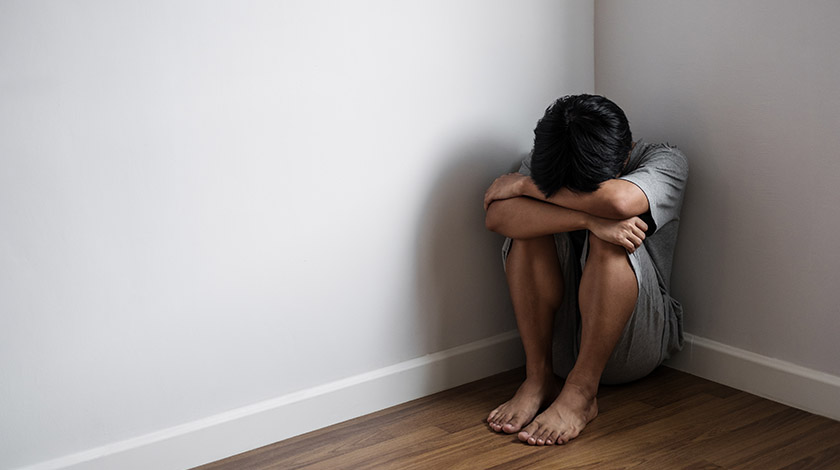When it comes to conversation about health and well-being, mental health is too often given short shrift. Just like physical illness, mental illness can have a tremendous effect on productivity and quality of life, and demands efficient diagnosis and effective treatment. To set things straight, here are some of the most popular myths debunked!
Myth 1: Depressed people are just weak

Some believe depression is just a sign of emotional weakness, and that sufferers could get better if they just “snapped out of it”. This viewpoint wrongly equates depression with feeling sad. In fact, depression is a persistent problem, and although its causes are not fully understood to this day, it is likely to be a complex combination of environmental, psychosocial1, genetic and biological factors including altered brain structure and chemical function.2
Depression, therefore, requires targeted treatment, often combining medication with counselling. It has nothing to do with being weak — in fact, living with the condition and admitting that you need help takes a tremendous amount of courage. Sufferers, therefore, deserve our respect and support.
Myth 2: Mental illness is a rare condition
The social stigma around mental illness means patients are less likely to talk about their conditions3, and this has led to a popular misconception that mental illness is rare. In fact, the most recent Hospital Authority estimates suggest up to 1.7 million Hongkongers suffer from different types of mental illnesses.4 That is around 24% or one in four of us. Think about your social circle or family. The odds are that at least one of them is fighting or has fought mental illness. What can you do to extend a helping hand to them?
Myth 3: There is a correlation between age and the risk of mental illness

Some assume children are too young to have mental health problems, when in fact almost 50% of all lifelong mental conditions manifest themselves by the age of 14. We therefore need to keep a watchful eye over our children for symptoms of burgeoning mental illness, and refer them to a doctor if we think they might need help.5
Myth 4: Mentally ill people are violent and dangerous
The media has to bear responsibility for perpetuating unsavoury and inaccurate myths about the mentally ill. Films like Psycho portray them as murderous psychopaths. In fact, very few mental illnesses manifest themselves in violent conduct. Someone with schizophrenia is actually no more likely to commit a crime than the average, healthy person.6 More common symptoms of mental illness include social anxiety, low energy and an unusually withdrawn or sober demeanour. The mentally ill deserve our compassion, not our apprehension.
Sources
- http://www.medicalnewstoday.com/kc/depression-causes-symptoms-treatments-8933
- http://www.webmd.com/depression/ss/slideshow-depression-overview
- Jagdeo A, Cox BJ, Stein MB, Sareen J. Negative attitudes toward help seeking for mental illness in 2 population-based surveys from the United States and Canada. Canadian Journal of Psychiatry; 2009.
- http://www.scmp.com/news/hong-kong/health-environment/article/1912457/breaking-point-hong-kongs-overburdened-mental
- National Institute of Mental Health. Treatment of Children with Mental Illness.
- http://www.apa.org/news/press/releases/2014/04/mental-illness-crime.aspx; visited 5 September 2017

